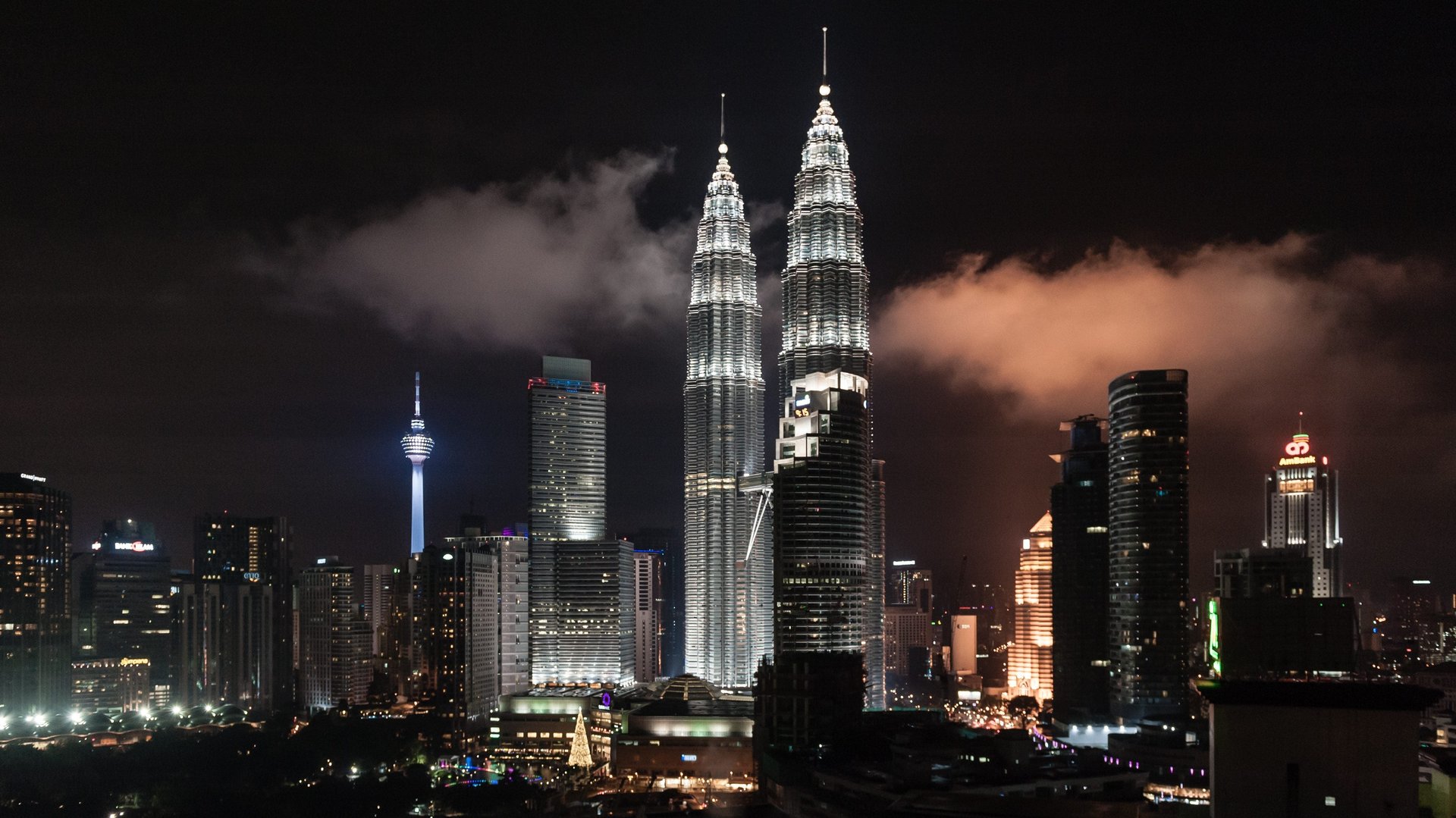Alibaba is reshaping city traffic with artificial intelligence
Alibaba, China’s largest online retailer, is deploying its cloud-computing power to save Asia’s cities from their suffocating traffic.


Alibaba, China’s largest online retailer, is deploying its cloud-computing power to save Asia’s cities from their suffocating traffic.
Its subsidiary AliCloud announced today (Jan. 29) that it will use artificial intelligence to help alleviate road congestion in Kuala Lumpur, Malaysia. The company previously deployed its traffic-management system, called City Brain, in Hangzhou, China—where Alibaba is headquartered—in September 2016. Afterwards, average traffic speed increased 15%, and traffic violations were reported with 92% accuracy, Reuters reports.
City Brain makes live traffic predictions, optimizes traffic flow, and detects traffic incidents using data from video footage, traffic bureaus, public transportation systems, and mapping apps. When integrated with other urban management systems, the platform can automate emergency dispatching and help emergency vehicles find the quickest routes. Over time, City Brain can also learn traffic patterns and make more sophisticated recommendations to improve traffic efficiency, like the best ways to plan new roads, or change bus routes.
AliCloud will install the platform in Kuala Lumpur in collaboration with the city council and the Digital Economy Corporation, a Malaysian-government owned business development organization. This will be the first time Alibaba is installing City Brain outside China and speaks to the growing influence of Chinese tech giants over Asia’s modernization. Along with Tencent, owner of the most popular Chinese messaging app WeChat, Alibaba has been a major driver in fueling Southeast Asia’s startup scene; Baidu, China’s counterpart to Google, recently formed a new venture to begin investing in autonomous driving and smart-transportation technologies in Southeast Asia.
The initial phase of the deployment of City Brain in Kuala Lumpur is expected to be complete by May, and will include connection to 300 traffic lights and 500 traffic cameras to monitor the city’s central business district. If all goes well, Kuala Lumpur plans to expand the program to the greater metro area later this year.